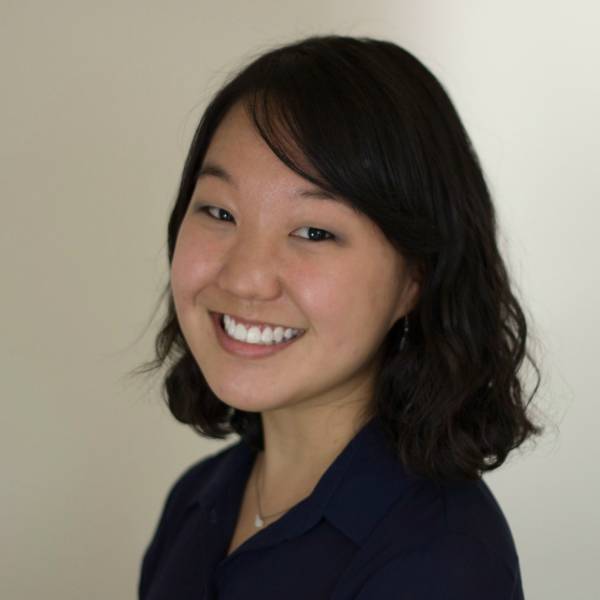I was sitting on the train, quietly reading my tattered copy of Chinua Achebe's "Things Fall Apart" when an old man gently tapped me on the shoulder. He had soft brown eyes, crinkled at the edges from years of smiling, and he asked whether I was reading the book for school or for fun. I told him it was the latter, and his kind, wrinkly face lit up with delight.
"It's a great book," he said excitedly. "I read it in school back in Ghana. All about how European colonization stripped Africans of their culture."
This was the start of a glorious conversation. Michael, as he introduced himself, was incredibly enthusiastic about black history and literature. He said it was exciting to find that I, "a little non-black lady" as he called me, was interested in it, too. Michael was so well read and knowledgeable about historians, activists and events that I asked if he was an academic. He laughed.
"No, I just like reading," he said.
I was absolutely delighted by our interaction, but couldn't put my finger on why. It later dawned on me that some part of my brain had compartmentalized history and literature as subjects meant solely for academics. Somewhere along the line I'd come to assume that they were topics not well known by people other than professors and students. I don't know when that belief formed, but I found with surprise that that's how I thought. I thought wrong.
